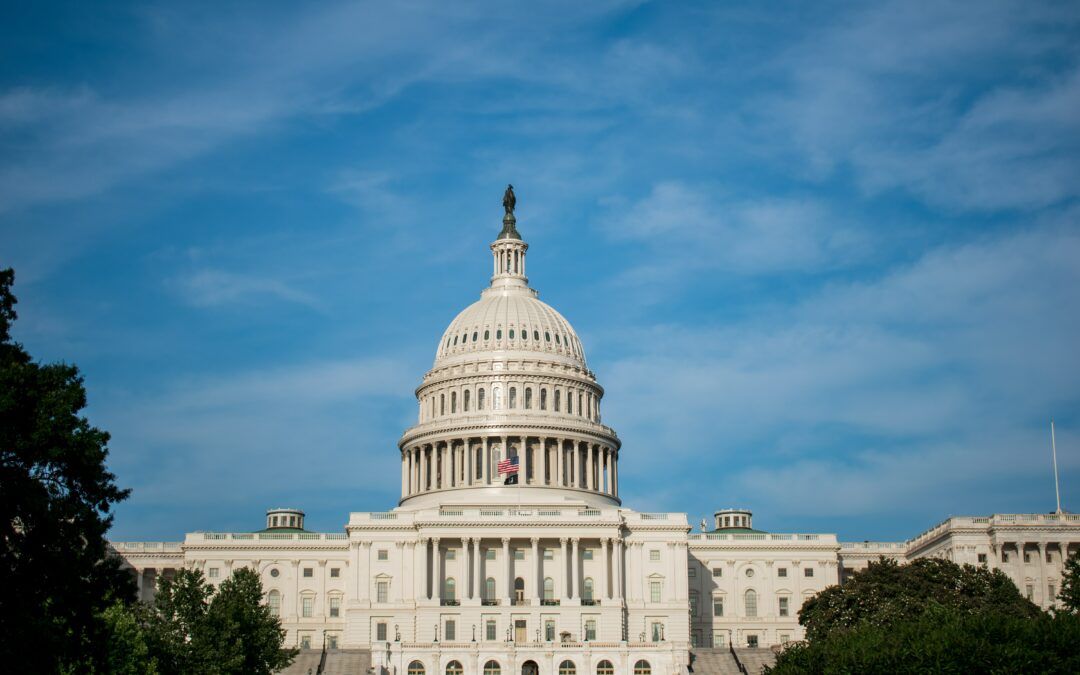Wondering what happens at the crossroads of cryptocurrency and regulation?
You’re not alone.
There are an estimated 3,600 monthly internet search queries for “crypto regulations,” and around 260 closely related but more direct inquiries typed into search engines: “What happens when crypto is regulated.”
Regardless of the market circumstances, some would argue regulation is always a bad thing. After all, cryptocurrencies emerged from a deep-seated aversion to regulatory intervention. But others take a broader view and identify opportunities with regulation that hold the potential for actually expanding the market, opening access to more users, traders, investors, and exchanges.
Wherever you stand, it’s helpful to know some of the basics about the impact potential of increased cryptocurrency regulations.
Definitions and dependencies for crypto regulation
Is it a currency? Is it a security? Is it something that banks and the rest of the financial establishment should just keep their hands off? Clearly defining what a token represents is a great starting place, but lawmakers, investors, and financial professionals all have differing opinions leading to a complex process of answering what appears to be a really simple question.
In some cases, crypto serves as another currency, with jurisdictions such as the Central African Republic recognizing Bitcoin as legal tender.
And it’s a domino effect. As you would expect, once clarity is achieved on how tokens are treated and represented, regulations will follow in short order.
Potential for opportunity
On the surface, regulation seems to stifle market development, but depending on how risk tolerant or averse an investor is, increased regulation could invite or dissuade further investments.
After significant dips in 2022, it may be tempting to look to intelligent crypto regulations to provide needed support to the crypto market, and history also teaches an important lesson about the role of increased regulation and its market effect.
Following the most infamous market crash in recent memory, and the Great Depression, the “Exchange Act created the Securities and Exchange Commission [SEC], a federal agency with the authority to regulate the securities industry” (Cornell, 2022). This agency promises to enforce “our nation’s securities laws, taking action against wrongdoers, and overseeing our securities markets and firms to ensure that investors are treated fairly and honestly (SEC, 2022).
Conservatively, the logic follows that as cryptocurrencies are defined as assets falling under the jurisdiction of the SEC, investors will gain added security, thereby inviting more investment.
Tax compliance gets even more complicated
Crypto regulations are also geo specific. There’s no global governing body that legislates rules surrounding trading, etc., so it’s up to localized governing and regulatory organizations to create and enforce its own rules.
Users often believe they can easily navigate regulatory waters (or ignore them), but the tax bill comes due. Fiat currency transactions, new crypto purchases, multiple wallets, and assets moving across geographical boundaries pose a seemingly endless threat to just staying organized. Exchanges have the difficult task of navigating shifting priorities and definitions among various nations and regulatory agencies, and as you can imagine, each of these groups maintains separate and distinct tax codes.
An ideal approach for exchanges is to leverage multijurisdictional crypto tax software. That way, regardless of the state or jurisdiction, exposure is limited and exchanges can rest assured that compliance and verification is being taken care of by a capable software partner.
Good partners make it easier
So how are you managing crypto tax regulations? Manual processes? Hoping for the best?
There’s a better way that’s built for exchanges and users alike.
BlockSentry works with your exchange to do the heavy lifting, generating tax forms (8949, 1099B, and international equivalents), sending them to tax authorities and users, and helping you stay compliant and organized.
Schedule a demo today to see it in action.
